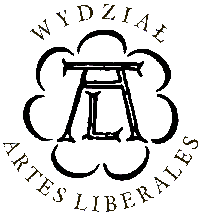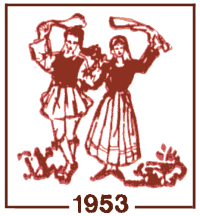The project is financed by the National Science Center and carried out at the Faculty „Artes Liberales” at the University of Warsaw in cooperation with the Dora Stratou Dance Theatre


| Testimony of: | zz missing object |
| Source | Megas 1958, 20 (sv. St Demetrius Day, Oct. 26) |
| Original text | Symbolic actions of this kind are, for instance, the masquerades and plays which take place in certain rural areas of Thrace, perhaps elsewhere as well. For instance, in the village of Tzando, in Thrace, the eve of St. Demetrius' Day used to be celebrated in the following manner: the peasants made a rudimentary camel out of old wooden boards and draped it with old rags and sheepskin ; then two peasants would hide within the hollow frame of the camel one in front and one at the back and make it walk. Other peasants grotesquely attired and crowned with vine leaves ( a symbol of fertility), escorted the camel in pomp at sunset; they made the round of all the houses in the village and wished each housewife a good and prosperous year. In return, the housewife would present them with some gift: wheat, wine, etc. This custom is known as the ‘Tzamala' . Similar masquerades and plays with propitiatory purposes take place in several other parts of Greece during the Twelve Days (from Christmas to the Epiphany), Carnival, and on May Day. |
| Time/occasion of occurence | St. Demetrus Day |
| Region of occurence | Tzando, Thrace |
| Function | entertaining, ritual, symbolic, |
| Comment | tzamala |